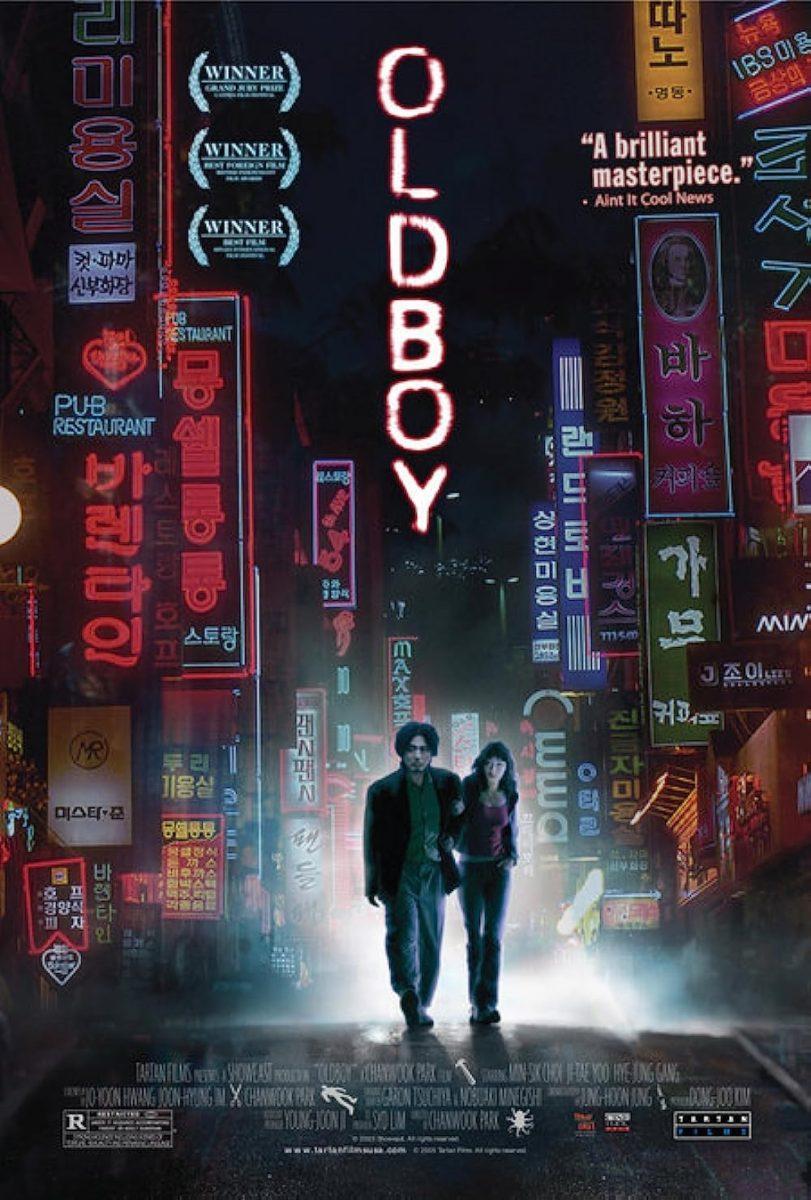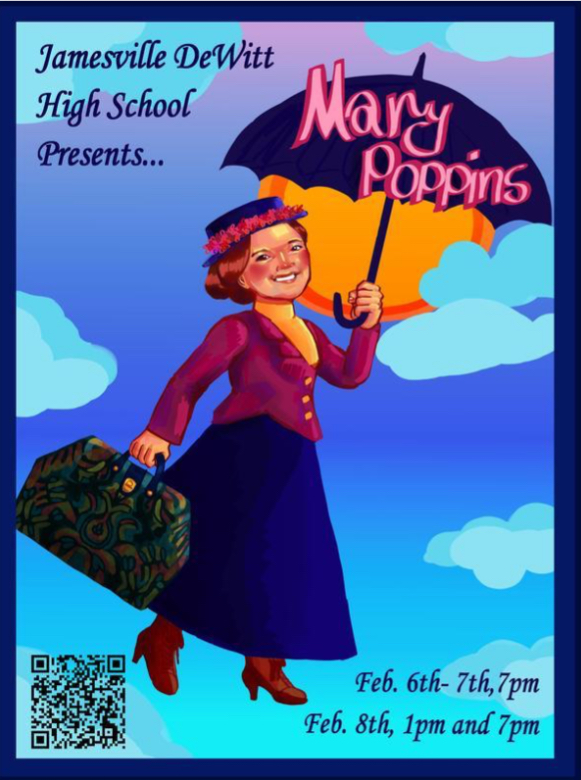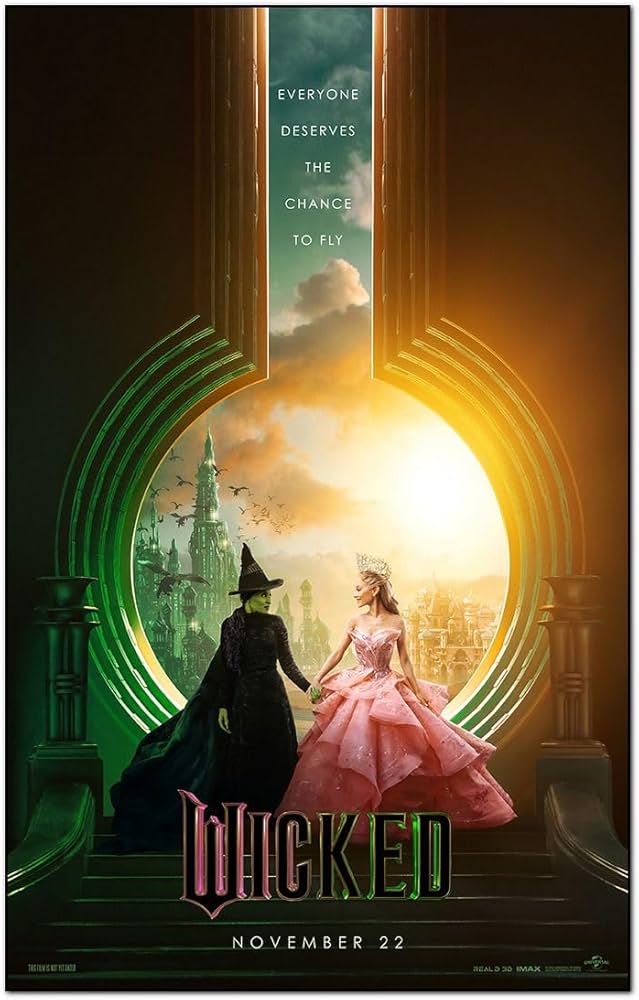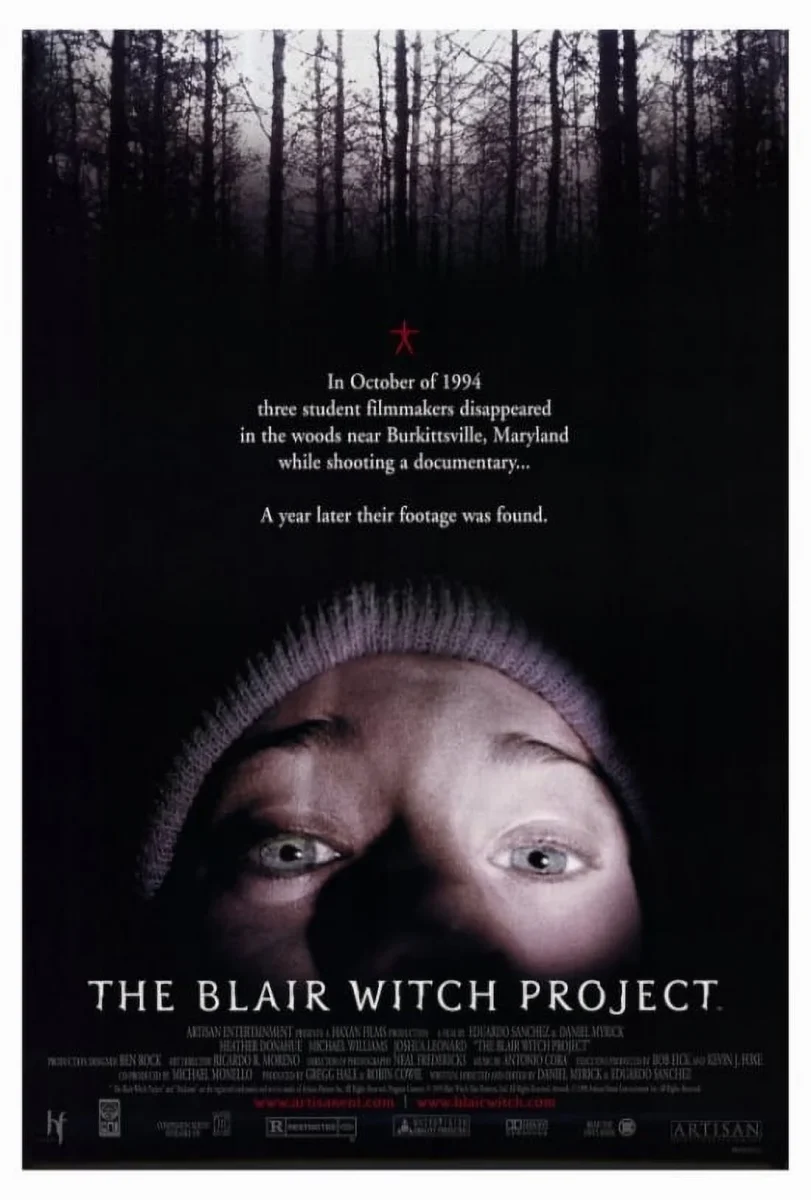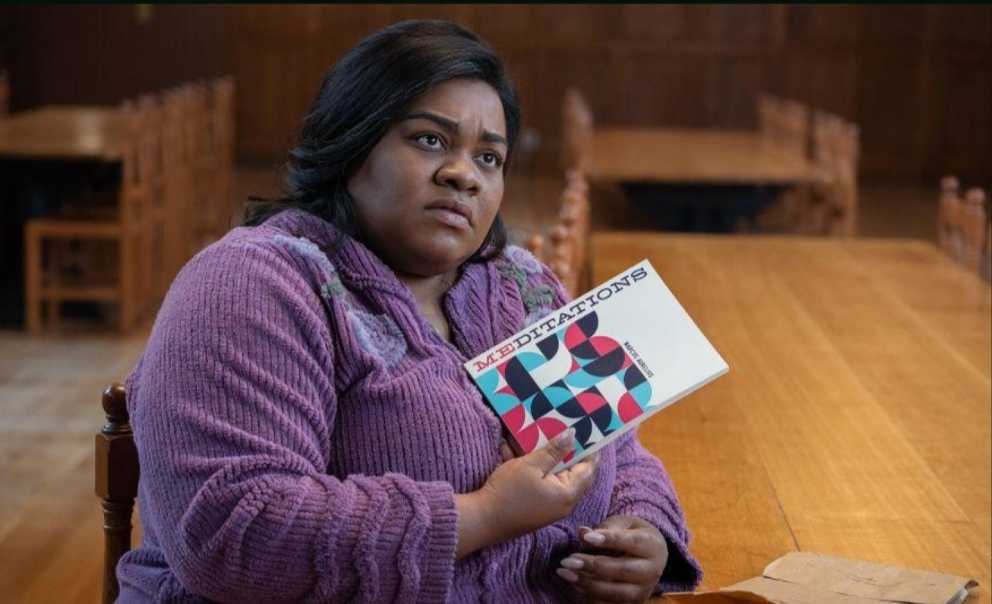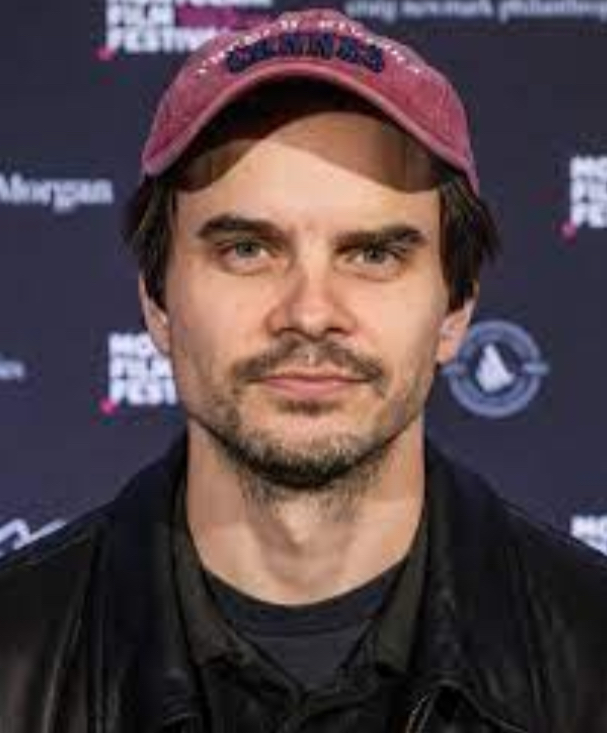For its 20th anniversary in mid-August, a remastered version of Park Chan-wook’s 2003 thriller film “Oldboy” was re-released in theaters. The masterpiece has lost none of its luster over the years, remaining one of the best films of the 21st century. The Korean-language movie begins as Oh Dae-su, an alcoholic businessman, is kidnapped and locked in a mysterious hotel room. 15 years later, he is released and given an ultimatum by his enigmatic former captor: find out why he was imprisoned in five days, or his girlfriend, Mi-do, who gave him a place to stay after his release, will be killed. Oh Dae-su has to race against the clock and find out the deep, dark truth behind his kidnapping. Just writing this gives me chills.
Although “Oldboy” is ostensibly a thriller, it’s really more of a flex of Park Chan-wook’s cinematic muscle for the most gripping two hours you’ll ever see. Bouncing back and forth deftly between drama, mystery, comedy, and horror, the film somehow avoids tonal whiplash, instead finding its own wholly unique niche that’s unlike anything else, ever. One moment Park presents the most hideous, horrifying display of violence and revenge you’ve ever seen, and the next he hits you with an imaginative and heartfelt flashback that makes you laugh and cry in equal parts, set to Cho Young-wuk’s breathtaking score. No other film has managed to keep its tone this consistently inconsistent and pull it off quite like “Oldboy” has.
From a technical standpoint, I’ve said it before and I’ll say it again, “Oldboy” is a masterpiece. The cinematography by Jeong Jeong-hun is grotesquely beautiful, capturing Oh Dae-su’s brutal revenge in sinister shades of green and black. Every camera move is so perfectly precise, which contrasts exceptionally with the dreadful messiness of Dae-su’s revenge. The maximalist, expressive photography, paired with stellar set design (I won’t get too detailed, but the sets of the film are truly perfect) set “Oldboy”’s visuals apart from the competition by a mile.
Yet another thing that sets “Oldboy” apart is the bizarre editing choices. The film’s pacing and cuts are all intentionally jarring and noticeable, which add an extra layer of weirdness on top of a movie where the protagonist eats a live octopus. Perhaps one of the film’s only drawbacks comes from this bafflingly brilliant editing style, as it makes certain story beats and moments difficult to follow. The film demands attention and thought, and it certainly doesn’t hurt to give it a rewatch or two to fully comprehend the events of the story (after two viewings I can confidently say I understand a solid 80% of the movie).
One of “Oldboy”’s strongest aspects lies in the performances. Choi Min-sik, to be blunt, goes absolutely ham as Oh Dae-su, giving a heartbreakingly intense depiction of just about every human emotion over the course of two hours. In an effort to avoid major spoilers, I’ll just say that in one of the film’s climactic scenes he gives the performance of a lifetime, bouncing back and forth between fury, horror, emptiness, and utter insanity in the blink of an eye. Yoo Ji-tae plays the film’s primary antagonist Lee Woo-jin, and although what I can say is also limited due to spoilers, he gives an incredible performance that transcends all other film villains, lending a sympathy and melancholy to his vengeful, utterly terrifying character (I could explain why he’s one of cinema’s best villains, but that would take a whole other article). The supporting cast also does great work. Kang Hye-jung hits all the right notes as Mi-do, and Kim Byeong-ok is perfectly intimidating as Lee Woo-jin’s bodyguard. Oh Dal-su is also a standout, lending an unnerving creepiness to every scene he appears in. Despite all the other brilliant aspects of the film, the masterful performances are truly what make “Oldboy” what it is.
By the time you have half an hour left in the movie, you’re probably thinking, “How could this get any better?” And then there’s the twist. In the effort of not spoiling it, I won’t go into any specificity, but this film contains the greatest twist of all time, a twist so vile and shocking that I would probably get kicked off the RamPage staff just for describing it. It forces you to rethink the entire film, and even though the first time I saw the movie was several months ago, I’m still in awe of just how perfect of a plot twist it is. Like almost all aspects of the film, it sets an incredibly high bar for how to make a thriller movie. While on the topic of things I won’t spoil, from a thematic standpoint, there is an absolute gold mine here. Touching upon everything from revenge to regret, from the burden of truth to the rationalization of violence, “Oldboy” is astoundingly deep and contains so many layers that every other film you see after it will leave you disappointed.
In case I haven’t made it clear over the course of this article, I’m a big fan of “Oldboy”. In every possible way, it excels, making it one of the most unforgettable films of all time. Seeing the remastered visuals on the big screen as the score soars from surround sound speakers is a breathtaking experience. Plus, the re-release is bookended by an interview of Park Chan-wook by “Drive” director Nicolas Winding Refn, which illuminates some light on the conception and production of the film. It’s nothing short of a masterpiece, and as time goes on, will only grow more impressive and startlingly impactful. It’s “Oldboy,” and nothing else can compare. It’s simply the one and only “Oldboy.”





























